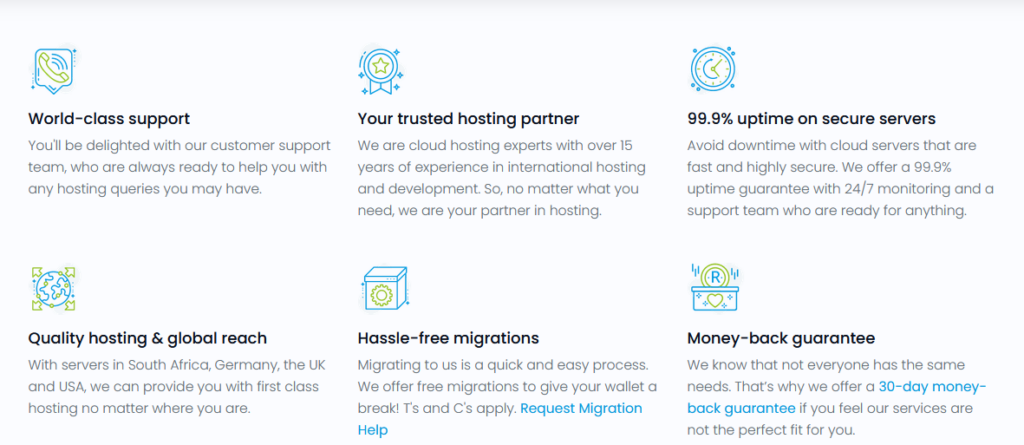Optimizing Your Website’s SEO with Robot’s txt File
Table Of Contents Toggle the Table of Contents Optimizing Your Website’s SEO with Robot’s Txt File Allow Access to Vital Pages Key Vital Pages to Grant Access Example Robot’s Txt File Configuration: Disallowing Duplicate or Irrelevant Content Via Robot’s Txt File: Robot’s Txt File Key Strategies to Disallow Duplicate or Irrelevant Content: Example Robot’s Txt File Configuration: Managing Content Indexation Using Robot’s Txt File Conclusion Click on the Table of Contents to navigate. Optimizing Your Website’s SEO with Robot’s Txt File Every small tweak and adjustment can make a significant difference in your website’s visibility and rankings. One often overlooked tool in the SEO arsenal is the robot’s Txt file. While seemingly simple, this file plays a crucial role in controlling how search engines crawl and index your website’s content. In this comprehensive guide, we’ll delve into the intricacies of optimizing your website’s SEO using robots.txt, uncovering valuable strategies to enhance your online presence and drive organic traffic. Understanding Robots.txt: Before diving into optimization techniques, let’s first understand what robots.txt is and how it works. Essentially, robots.txt is a text file located in the root directory of your website that instructs search engine crawlers on which pages and resources they can or cannot access. By specifying directives for different user agents (such as Googlebot, Bingbot, etc.), website owners can exert control over the crawling process, influencing how search engines perceive and index their content. Optimization Strategies: Now that we grasp the fundamentals, let’s explore actionable strategies to leverage robots.txt for maximum SEO impact: Allow Access to Vital Pages Ensuring that search engines can effectively crawl and index your website’s critical pages is paramount. From the homepage that serves as your digital storefront to the product/service pages that showcase your offerings, each vital page contributes to your online visibility and rankings. In this guide, we’ll explore the importance of allowing access to vital pages and how to implement the “Allow” directive in your robots.txt file to ensure they receive the attention they deserve from search engine bots. Importance of Allowing Access to Vital Pages: Vital pages are the lifeblood of your website’s online presence. They serve as entry points for visitors, convey essential information about your brand, products, and services, and play a pivotal role in driving conversions and engagement. By granting search engines access to these critical pages, you empower them to understand the essence of your website and effectively showcase it to potential visitors in search engine results pages (SERPs). Key Vital Pages to Grant Access Homepage: As the virtual gateway to your website, the homepage encapsulates your brand identity, mission, and value proposition. It sets the tone for the visitor’s journey and provides navigation pathways to other sections of your site. Ensure search engines can crawl and index your homepage to accurately represent your brand in SERPs and capture the attention of prospective visitors. Main Content Pages: Main content pages encompass a range of informative and engaging content, including blog posts, articles, guides, and tutorials. These pages serve […]
Optimizing Your Website’s SEO with Robot’s txt File Read More »






